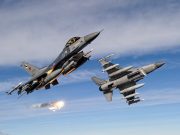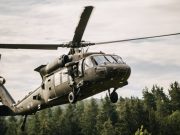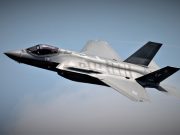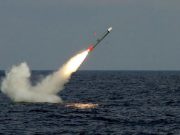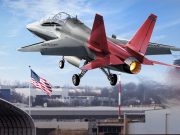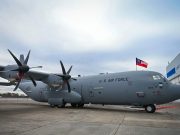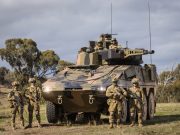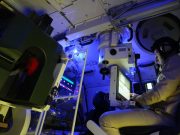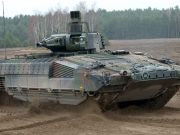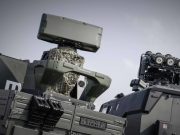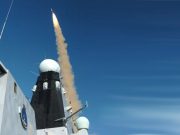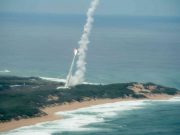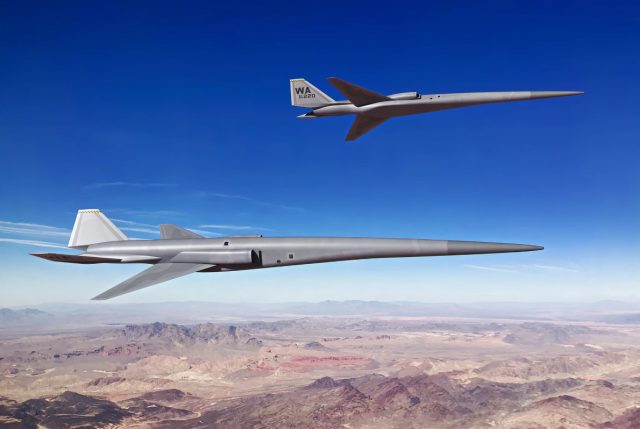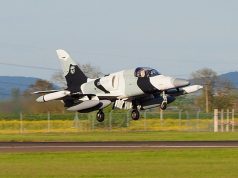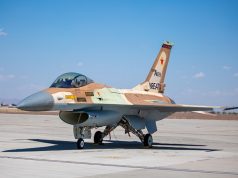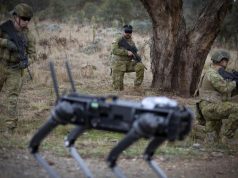Supersonic transport solutions developer Exosonic, Inc. announced it has teamed up with EpiSys Science, Inc. (EpiSci) for the development of uncrewed, autonomous, supersonic aircraft for the Pentagon’s adversary air, aerial target, and collaborative combat needs.
Exosonic will apply EpiSci’s autonomy technology to develop a supersonic unmanned aerial vehicle (UAV) that can operate semi-autonomously to provide the defense department with an affordable 5th-generation representative aircraft for training and future operational purposes.
The company said the aircraft development effort benefited from an existing AFWERX SBIR Phase II effort with the support of Air Combat Command and feedback from government stakeholders and commercial adversary air companies.
Exosonic announced its teaming agreement with EpiSci after revealing the AFWERX contract in October last year, under which it is to develop a UAV that will help the pilot training mission by acting as a near-peer adversary fighter to challenge fighter pilots in live flight training.
EpiSci will adapt and integrate a suite of tactical AI technologies to enable multi-ship autonomy, adversary threat replication, and collaborative manned-unmanned teaming. Tactical AI systems are built using a hybrid machine learning architecture to provide operator insight, trust, and situational awareness. Previously demonstrated in support of DARPA’s Air Combat Evolution and AFRL’s Golden Horde Colosseum, EpiSci will deliver capabilities through a modular, open system.
“EpiSci has always been focused on bringing cutting-edge machine learning and AI solutions into the real world,” said Chris Gentile, EpiSci’s vice president of tactical autonomous systems and former F-22 test pilot. “Our agents meld highly capable AI with a system architecture designed for mission critical applications. I’m incredibly excited to demonstrate the pace we can bring advanced capabilities to the Exosonic platform.”
“We look forward to working with an incredible company like EpiSci, which has a proven track record in successful and mission-relevant demonstrations of their Tactical AI technologies,” adds Norris Tie, Exosonic CEO. “By adding their software to our aircraft, we’ll have a UAV that can autonomously fly the challenging mission profiles required by our customers.”
It is worth noting that Exosonic is not the only company working on an unmanned adversary air platform for the US Air Force. In March this year, the US Air Force Research Laboratory Aerospace Systems Directorate awarded a contract to Blue Force Technologies to develop an unmanned air vehicle that will support adversary air (ADAIR) training missions. Under the Bandit program, Blue Force Technologies, a small aerospace and defense company based in North Carolina, will mature a high-performance unmanned air vehicle design that pilots of Air Force fighter aircraft can use to train against.


